
In an unexpected development in the home furnishing industry, a popular furniture chain is quietly closing some of its unique concept stores in the UK and the US. These stores, which were once known for their personalized shopping experiences and expert design help, are vanishing from high streets and malls at an alarming rate.
These closures mark a major shift for a beloved chain that has long been a pillar of home inspiration for millions of people around the world. Devoted fans are left wondering what lies ahead for physical retail in an increasingly digital age.
It’s Happening Everywhere
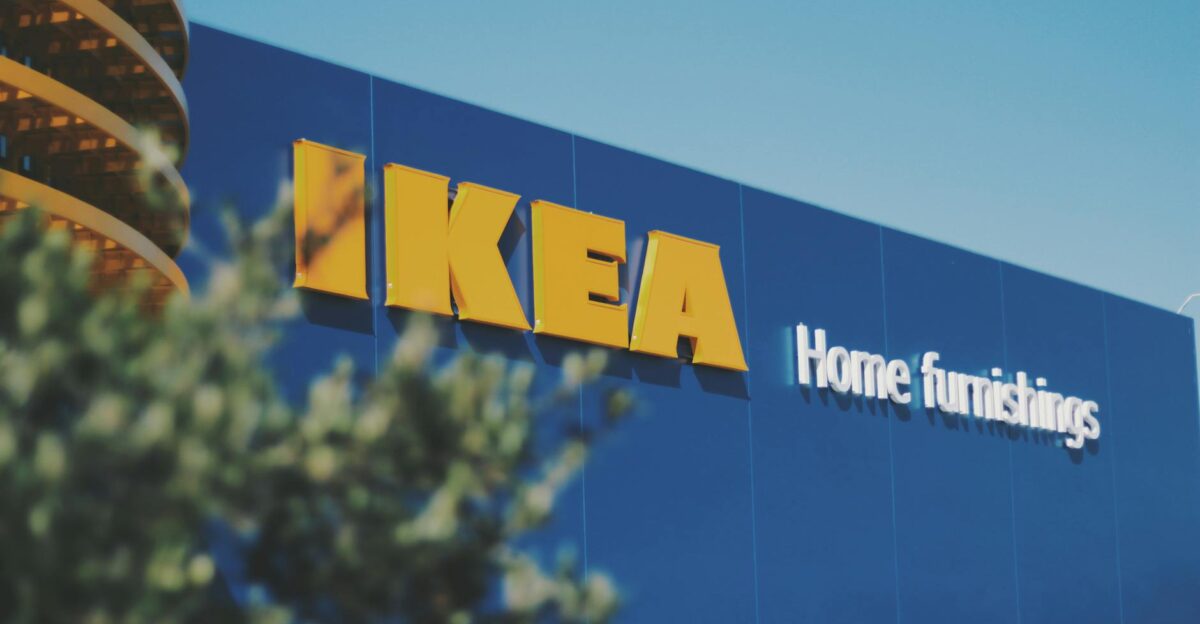
These closures are not limited to one single city or country. They are happening everywhere, from large UK cities to busy American suburbs. Every single store that closes is a loss not only for the retailers but also for local communities that valued these stores for design inspiration and personal service.
This trend has raised concerns among shoppers and employees, raising questions about whether traditional retail models are sustainable in today’s fast-evolving consumer landscape.
Popular Stops
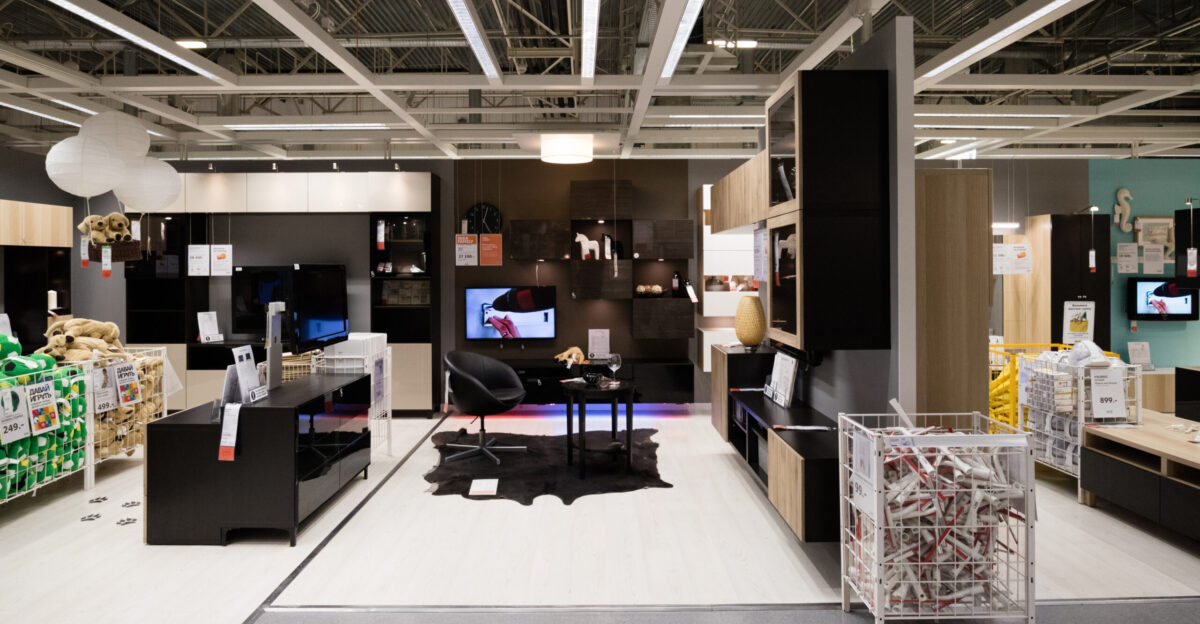
For many years, this chain’s concept stores were popular stops for first-time homeowners, students, and families who wanted to upgrade their living spaces. The retailer’s unique mix of affordable style and expert advice made it a favorite for people who wanted inspiration and practical solutions.
Many customers now look back on their weekends spent browsing showrooms and daydreaming about new interiors, making these closures not just a loss of business, but the end of a beloved shopping experience for loyal customers.
Contributing Factors

Unfortunately, shifting consumer habits, the rapid rise of online shopping, and growing demands for convenience have all contributed to the retailer’s challenges. Nowadays, shoppers expect smooth online experiences, easy returns, and faster delivery, all of which are standards that many traditional stores have struggled to meet.
Because of this, the company’s smaller concept locations have struggled to compete, ultimately forcing management to make hard decisions about the future of their physical retail presence.
IKEA
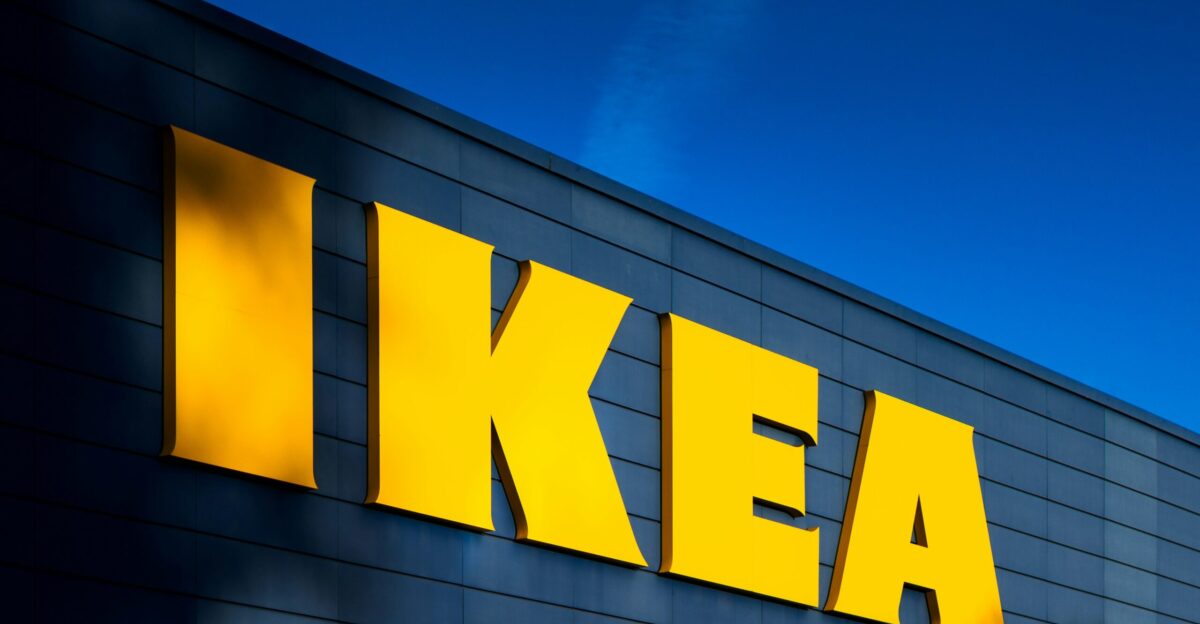
The retailer is, of course, none other than IKEA. This Swedish retail giant is closing its Plan & Order Point concept stores, including locations in Liverpool and Stockport, UK, and Long Beach, California.
These stores were designed to plan larger purchases and offer expert support, but they are now being phased out as IKEA redirects its attention to larger flagship stores and online sales. This is a massive change for a brand synonymous with accessible home furnishing.
Specific Communities
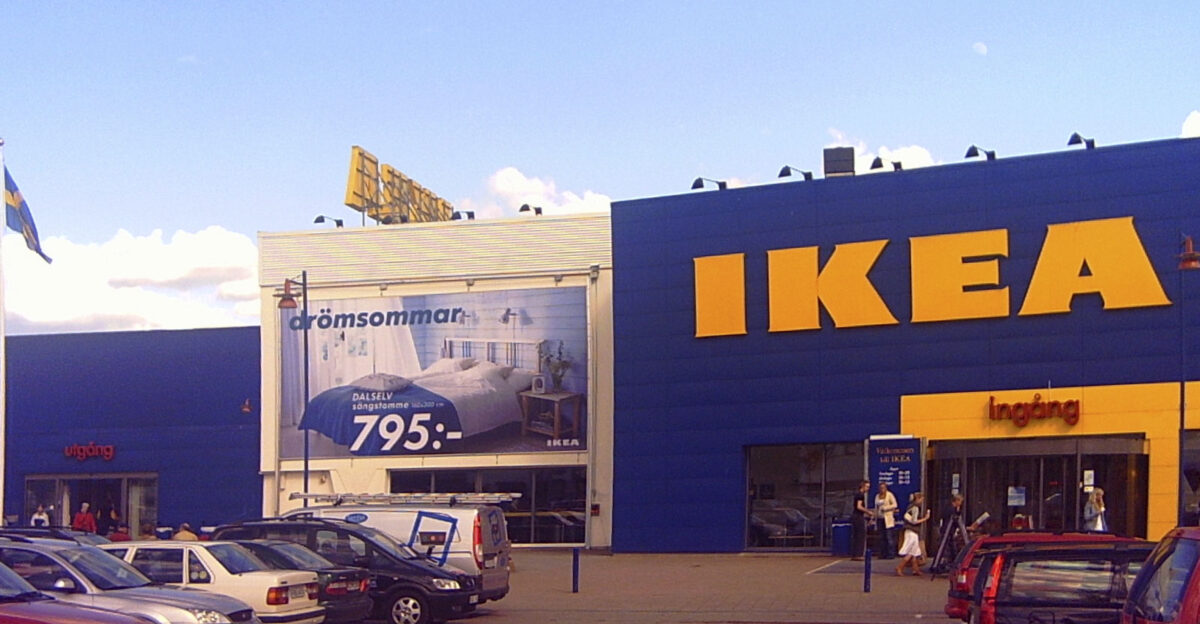
These closures are hitting particularly hard in specific communities. Liverpool and Stockport are losing convenient access to specialized IKEA planning services, while Long Beach shoppers must now travel much farther for similar support.
These changes will likely force a lot of local customers to look for alternatives and show the challenges faced by retailers while they adapt to new consumer demands.
Struggling To Keep Up
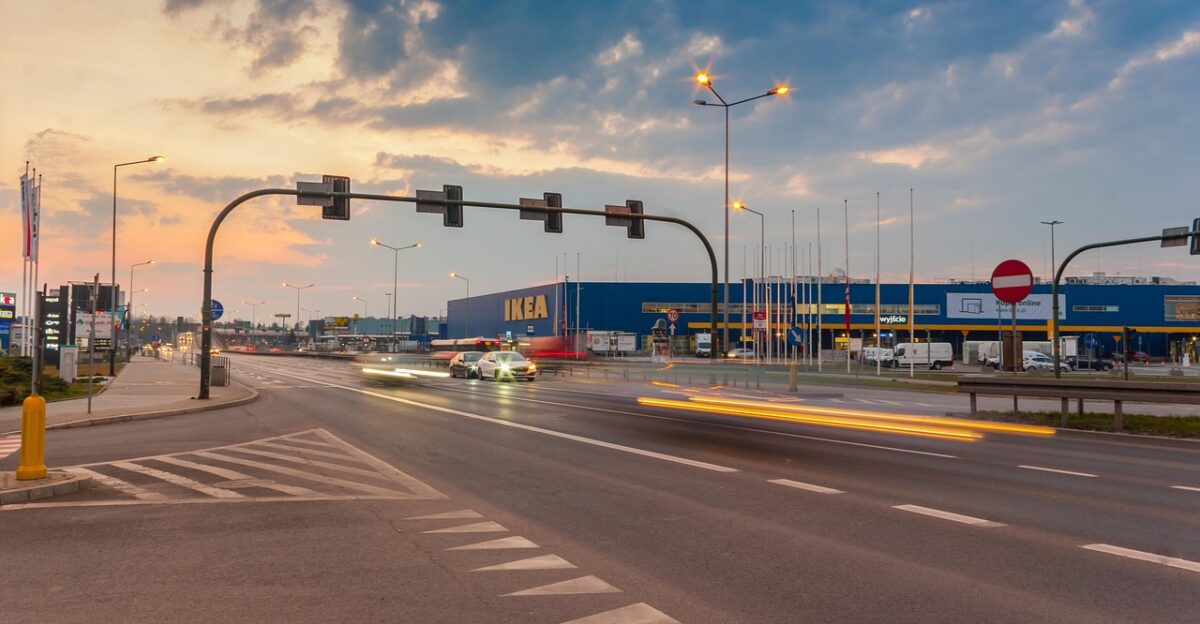
While IKEA doesn’t operate a franchise model, similar pressures are being felt in the furniture industry. Independent stores and chain retailers are struggling with shrinking margins, rising costs, and intense competition from digital-first brands.
For a lot of retailers, closing underperforming locations has become essential to remain viable. This is all part of a larger industry shift, as traditional furniture sellers struggle to keep up with changing consumer demands and the rapid expansion of e-commerce.
Competitor Pressure
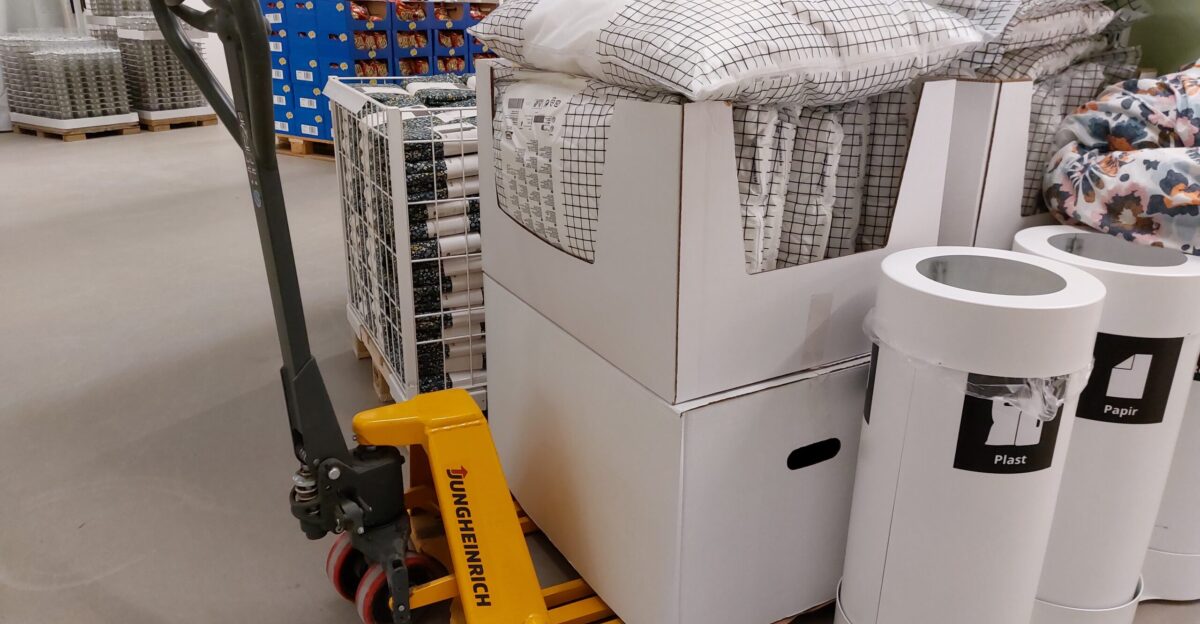
Other retailers, both larger and digital-native, are quickly expanding their selections and making shopping more convenient. Companies like Wayfair and Amazon are raising the bar with faster delivery and better customer service, while traditional stores are finding it harder and harder to compete.
This massive competition forces established names to rethink their strategies, invest in digital transformation, and make difficult decisions to close stores to stay relevant.
Changing Consumer Habits

Nowadays, shoppers want flexibility, fast shipping, and easy returns, which traditional stores struggle to meet. Shoppers are also spending a lot less on big-ticket furniture and instead focusing on experiences or smaller home accents.
Because of these changing preferences, many retailers have been forced to adapt as fast as possible or risk losing market share. These closures are a direct response to evolving expectations and the need to streamline operations.
Wait And See
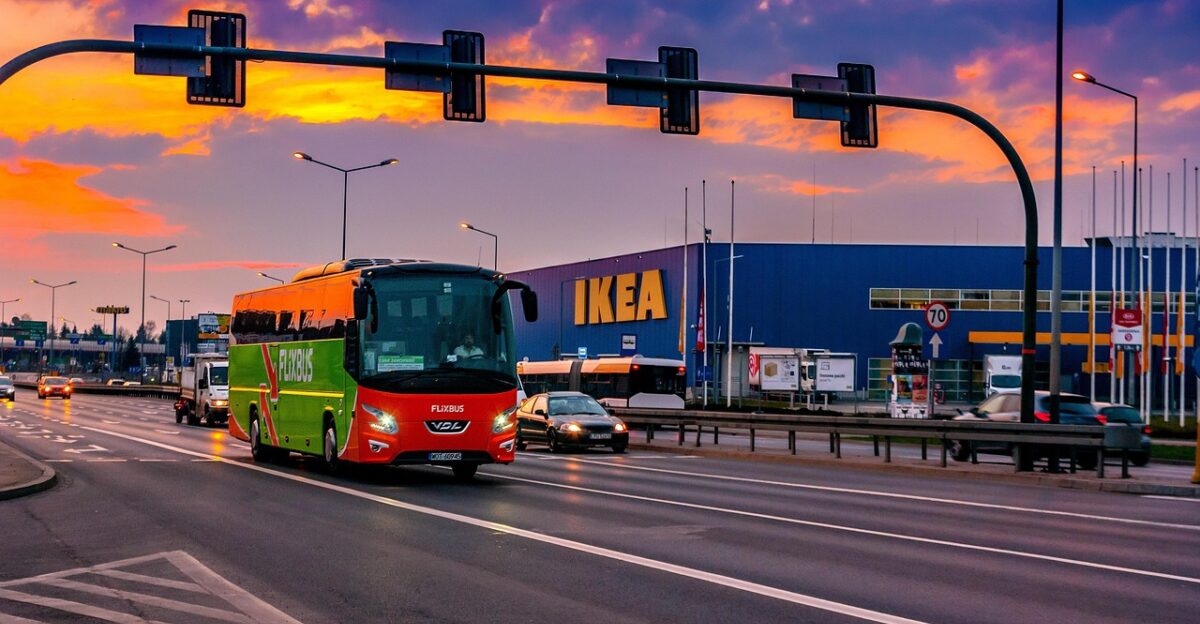
As IKEA and many other retailers around the world move toward digital sales and larger flagship stores, they hope to regain some momentum in a fiercely competitive market.
However, the question remains: are these iconic brands able to reinvent themselves fast enough to win back loyal customers and flourish in the new retail landscape? We will have to wait and see.
